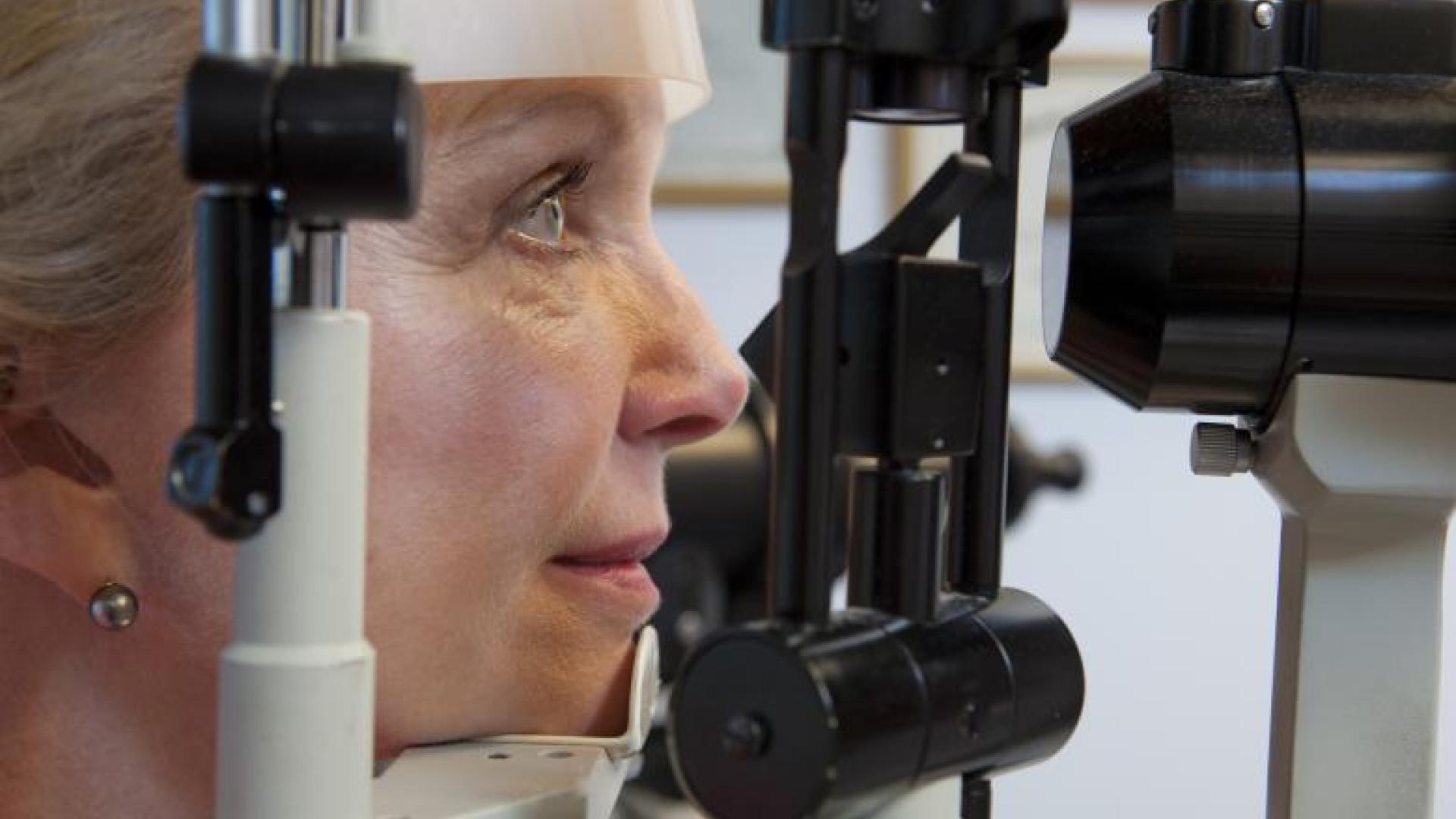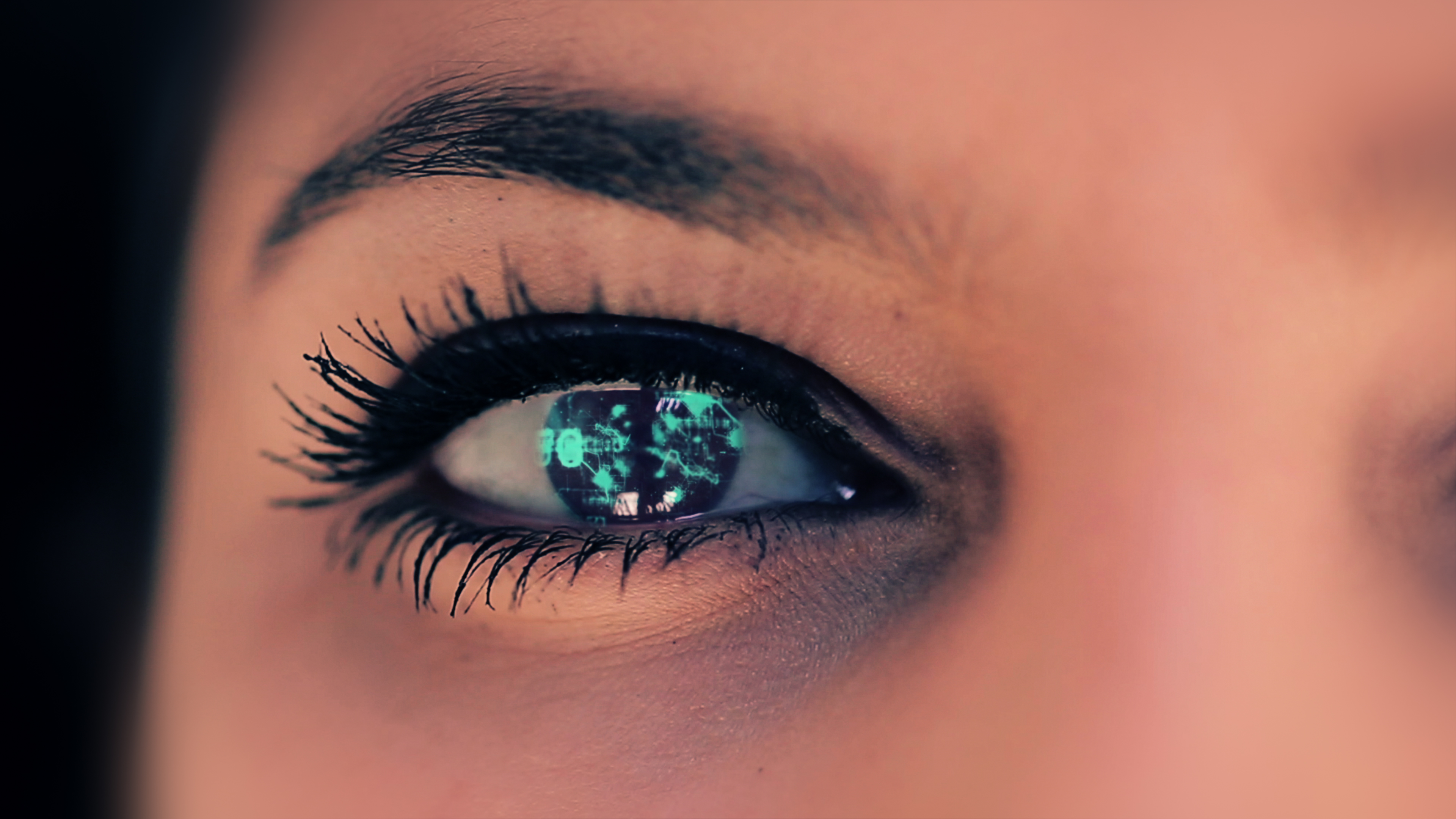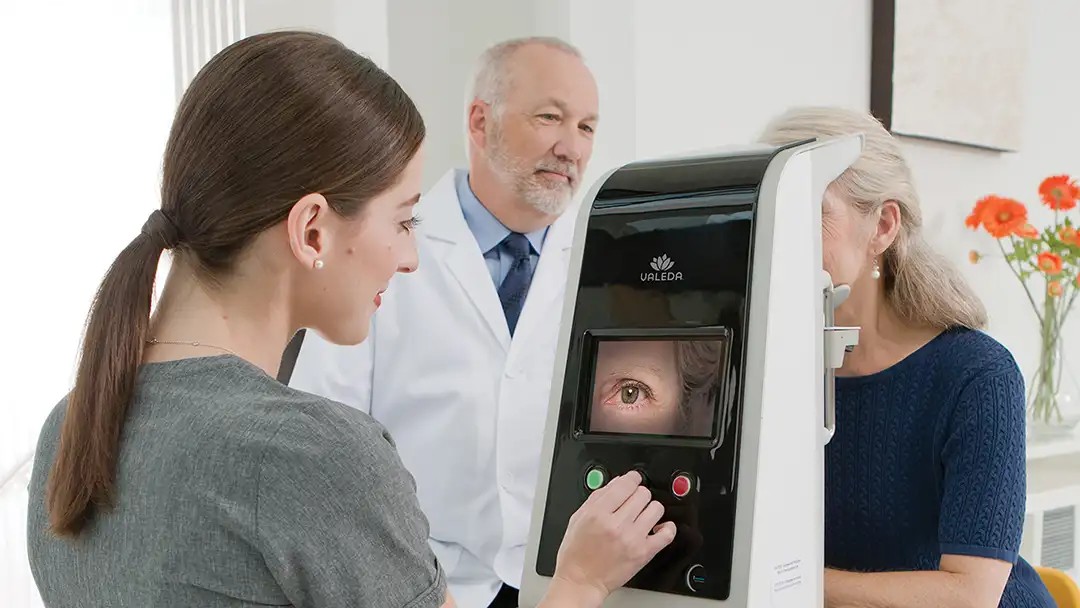
Learn the answers to common questions concerning cataract surgery for patients who have macular degeneration.
What’s the Difference Between Cataracts and Age-Related Macular Degeneration (AMD)?
First, it’s important to clarify the difference between cataracts and macular degeneration. A cataract is a clouding of the lens of the eye, which then blocks light from reaching the retina. This condition is reversible with surgery. Macular degeneration, by contrast, causes deterioration of the central area of the retina and is currently not reversible, however there can be improvement of vision in some circumstances.
Cataracts can be removed via surgery whether or not a person has macular degeneration. When people suffer from both conditions, they often ask, “How can cataracts affect AMD and vice versa?”
Will Cataract Surgery Make Macular Degeneration Worse?
While there are a few studies suggesting that cataract surgery might make AMD worse, the largest, most definitive studies indicate that it has no effect. Macular degeneration affects the retina in the back of the eye but cataracts are a clouding of the lens in the front of the eye which prevents light from reaching the retina.
In theory, inflammation associated with cataract surgery could worsen AMD, but the clinical evidence says that it does not.
Will Cataract Surgery Improve Vision If I Also Have AMD?
Whether cataract surgery will improve an AMD patient’s vision is a more complicated question. One factor is the cloudiness of the lens. The ophthalmologist can look at the lens with a slit lamp and estimate how much vision it might be blocking. However, this is just an estimate. Before recommending cataract surgery, the eye doctor should first do a careful refraction to check whether a change in glasses or the use of magnifiers and low vision aids could improve the vision enough.
Another question is whether the cause of decreased vision is the AMD or the cataract. In some patients with advanced AMD, the retina is so damaged that doing cataract surgery will not improve the vision much, if at all. This can be determined by having a retina specialist look at the retina with a slit lamp and take special retinal photographs (including optical coherence tomography, or OCT).
Another helpful diagnostic device is a potential acuity meter, or “PAM.” This shines a vision chart into the eye using a tiny light beam that can penetrate most cataracts. If the patient can read smaller letters with the PAM than they can when looking at the eye chart on the wall, then removing the cataract would likely improve vision.
Is Cataract Surgery Safe?
Generally, cataract surgery is one of the safest types of surgery. It is performed by an ophthalmologist through a tiny incision in the front of the eye using ultrasound or laser energy. A plastic lens is implanted to take the place of the patient’s cloudy lens, which is removed. Only a few percent of patients have complications following the lens implant. These can be serious, such as infection in the eye (endophthalmitis) or retinal detachment, both of which can be improved by early treatment.
Specialized multifocal plastic lens implants are now available to try to avoid the need for reading glasses, but these are not likely to work well in patients with macular degeneration, as they decrease the amount of light that reaches the retina. Yellow lens implants, which block blue light, are also available. These may be helpful to AMD patients because there is some evidence that bright light, especially blue, may be one of the factors causing AMD. On the other hand, wearing sunglasses or tinted glasses can achieve the same effect.
What if Both Eyes are Involved?
Sometimes, if a patient and ophthalmologist agree to proceed with cataract surgery, it might be performed on the eye with the more severe progression of AMD first. The reasoning is that it initially avoids exposing the better eye to the risks of cataract surgery, however small the risk may be. It also allows the patient to experience cataract surgery before it is performed on the more “valuable” eye.
Summary
The cataract surgery decision for the AMD patient is something each patient and ophthalmologist need to work out together. While most evidence indicates that cataract surgery does not make macular degeneration worse, the surgery does carry some (low) risk of complications. Therefore, the ophthalmologist will do his or her best to predict for the patient how much the surgery might improve vision, so that the patient can have realistic expectations and decide whether the risk of surgery is acceptable given the potential for improved vision.
About BrightFocus Foundation
BrightFocus Foundation is a premier global nonprofit funder of research to defeat Alzheimer’s, macular degeneration, and glaucoma. Since its inception more than 50 years ago, BrightFocus and its flagship research programs—Alzheimer’s Disease Research, Macular Degeneration Research, and National Glaucoma Research—has awarded more than $300 million in research grants to scientists around the world, catalyzing thousands of scientific breakthroughs, life-enhancing treatments, and diagnostic tools. We also share the latest research findings, expert information, and resources to empower the millions impacted by these devastating diseases. Learn more at brightfocus.org.
Disclaimer: The information provided here is a public service of BrightFocus Foundation and is not intended to constitute medical advice. Please consult your physician for personalized medical, dietary, and/or exercise advice. Any medications or supplements should only be taken under medical supervision. BrightFocus Foundation does not endorse any medical products or therapies.
- Vision Restoration









